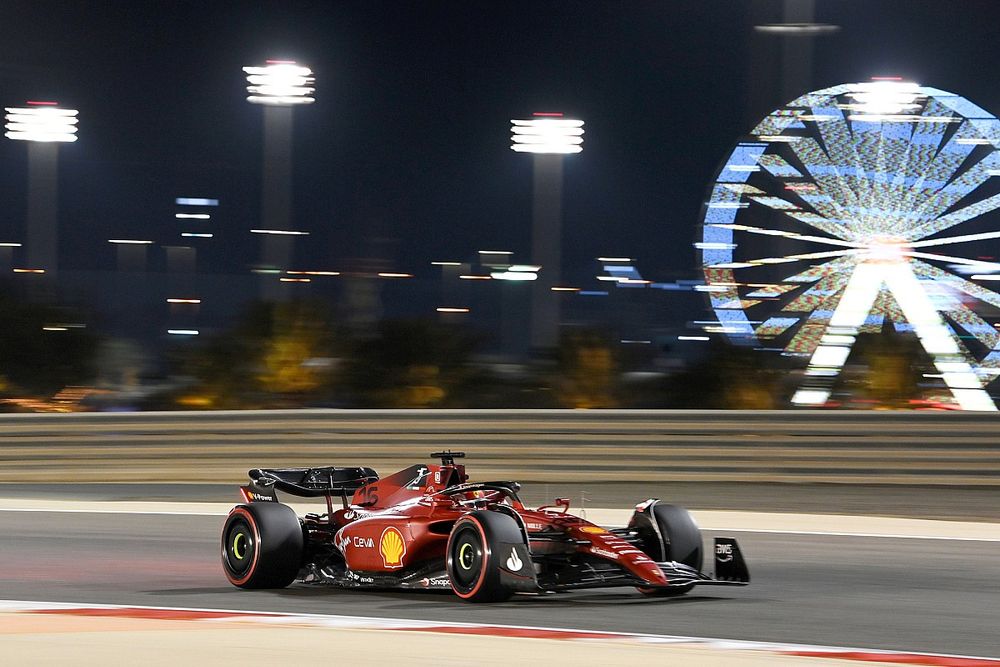International sporting bodies have been urged to embrace the Middle East as the best place to host sporting events by Alexey Milovanov, a key expert involved in the 2022 Qatar World Cup. This intervention comes amid new research from PwC revealing that the sports industry in the Middle East is expected to grow by 8.7 per cent by 2026 compared to the global projection of only 3.3 per cent.
Milovanov is a global executive expert best known for leading the delivery of seven new stadiums for the 2018 Fifa World Cup in Russia and the overlay for official sites of the 2022 Fifa World Cup in Qatar. Having advised and worked closely with numerous international sporting organizations, he has been at the forefront of the Middle East’s rising prominence in global sport.
“While Europe has traditionally been the home of international sports tournaments, the tide is turning towards the Middle East,” he said.
“Europe is often constrained by its existing infrastructure and is reluctant to build something completely new. This not only restricts architectural vision but it also means we have to adapt to buildings which are not fit for purpose. By contrast, Middle Eastern countries are eager to put their resources behind world-beating, made-to-measure infrastructure in a way Europe is not prepared to.”
The halo effect for Middle Eastern economies is predicted to be significant – the World Trade Organisation has found that the region is becoming the world’s fastest-growing sports tourism destination, valued at $600 billion.
The World Economic Forum has highlighted the popularity of football in the region, with the World Cup and Arab Cup drawing crowds from around the world. They also noted the growth of motorsports and esports in the Middle East.
The Lusail Iconic Stadium, which hosted the final of the 2022 Qatar World Cup, demonstrates the Middle East’s investment in modern infrastructure, gaining a five-star sustainability rating according to the Global Sustainability Assessment System. It is also designed for long-term use to complement surrounding infrastructure projects.
Milovanov is now calling for sports leaders to recognize the long-term potential of projects in the Middle East and to embrace the region as a new hub for international sport, bolstered by Saudi Arabia’s joint bid with Egypt and Greece for the 2030 World Cup.
Milovanov added: “The calibre of design and the commitment to high-quality projects I see in the Middle East is unparalleled. They are willing to challenge conventional norms to bring these projects to the next level at every opportunity, pushing the boundaries of modern sporting events.
“Developing major stadiums doesn’t stop at the turnstiles – it also provides a great opportunity to develop supporting infrastructure such as new roads, accommodation, and airports which can add significant value to local areas.
“Sports leaders must now take advantage of the number of global experts across various industries gathering in the Middle East for projects such as the World Cup to build lasting relationships in the region. If this is done successfully, the Middle East will easily become a worldwide sporting hub by 2026.”
Mideast ‘to become global sporting hub by 2026’


